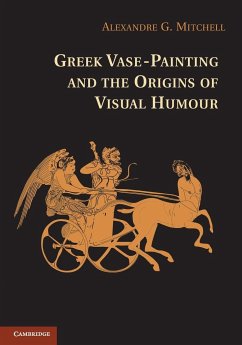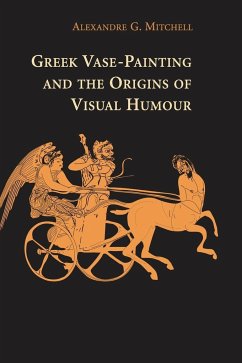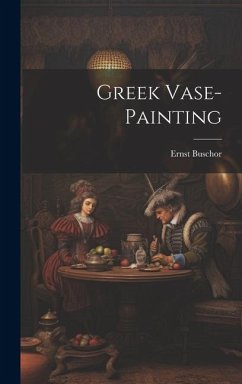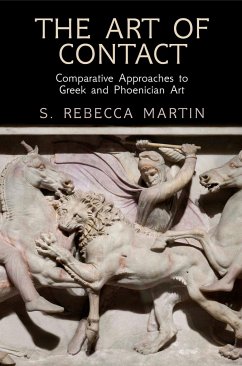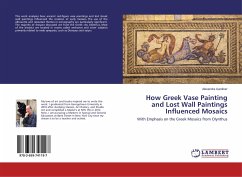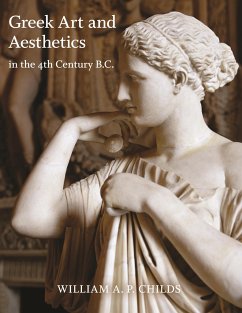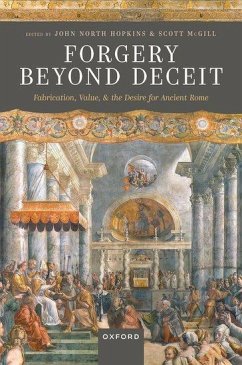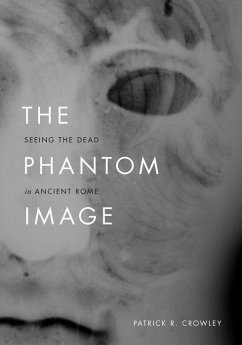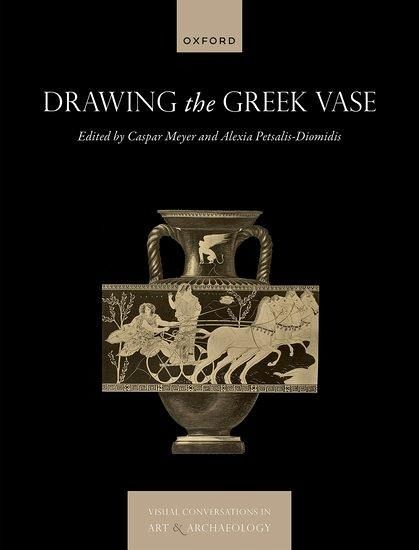
Gebundenes Buch
Drawing the Greek Vase
Versandkostenfrei!
Versandfertig in über 4 Wochen

PAYBACK Punkte
57 °P sammeln!




How have two-dimensional images of ancient Greek vases shaped modern perceptions of these artefacts and of the classical past? This is the first scholarly volume devoted to the exploration of drawings, prints and photographs of Greek vases in modernity, and traces the ways artists have depicted Greek vases in a range of styles and contexts.
Caspar Meyer is Professor of Classical Archaeology and Material Culture at the Bard Graduate Center in New York. His research focuses on the cultural dynamics of craft production in the Aegean city states and among the mobile pastoralists of Eurasia. Another area of interest is the history of the instruments and media which archaeologists have developed to aid the transformation of artefacts into written explanations. He previously taught in London and held research fellowships at the Getty Research Institute in Los Angeles and the Centre Louis Gernet in Paris. He is editor of W86th: A Journal of Decorative Arts, Design History, and Material Culture. Alexia Petsalis-Diomidis is Senior Lecturer in Classics at the University of St Andrews. She has published Truly beyond Wonders: Aelius Aristides and the Cult of Asklepios (OUP 2010) and many articles on religion, travel, and the body in the Greek world of the Hellenistic and Roman periods. She also works on the reception of Classical material culture in eighteenth- and nineteenth-century Europe, and has edited The Classical Vase Transformed: Consumption, Reproduction, and Class in Eighteenth- and Nineteenth-Century Britain (OUP 2020) with E. Hall.
Produktdetails
- Verlag: Oxford University Press
- Seitenzahl: 352
- Erscheinungstermin: 9. September 2023
- Englisch
- Abmessung: 255mm x 193mm x 24mm
- Gewicht: 974g
- ISBN-13: 9780192856128
- ISBN-10: 019285612X
- Artikelnr.: 67865286
Herstellerkennzeichnung
Libri GmbH
Europaallee 1
36244 Bad Hersfeld
gpsr@libri.de
Für dieses Produkt wurde noch keine Bewertung abgegeben. Wir würden uns sehr freuen, wenn du die erste Bewertung schreibst!
Eine Bewertung schreiben
Eine Bewertung schreiben
Andere Kunden interessierten sich für



